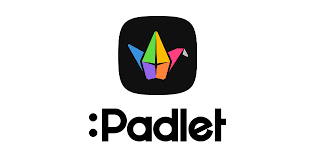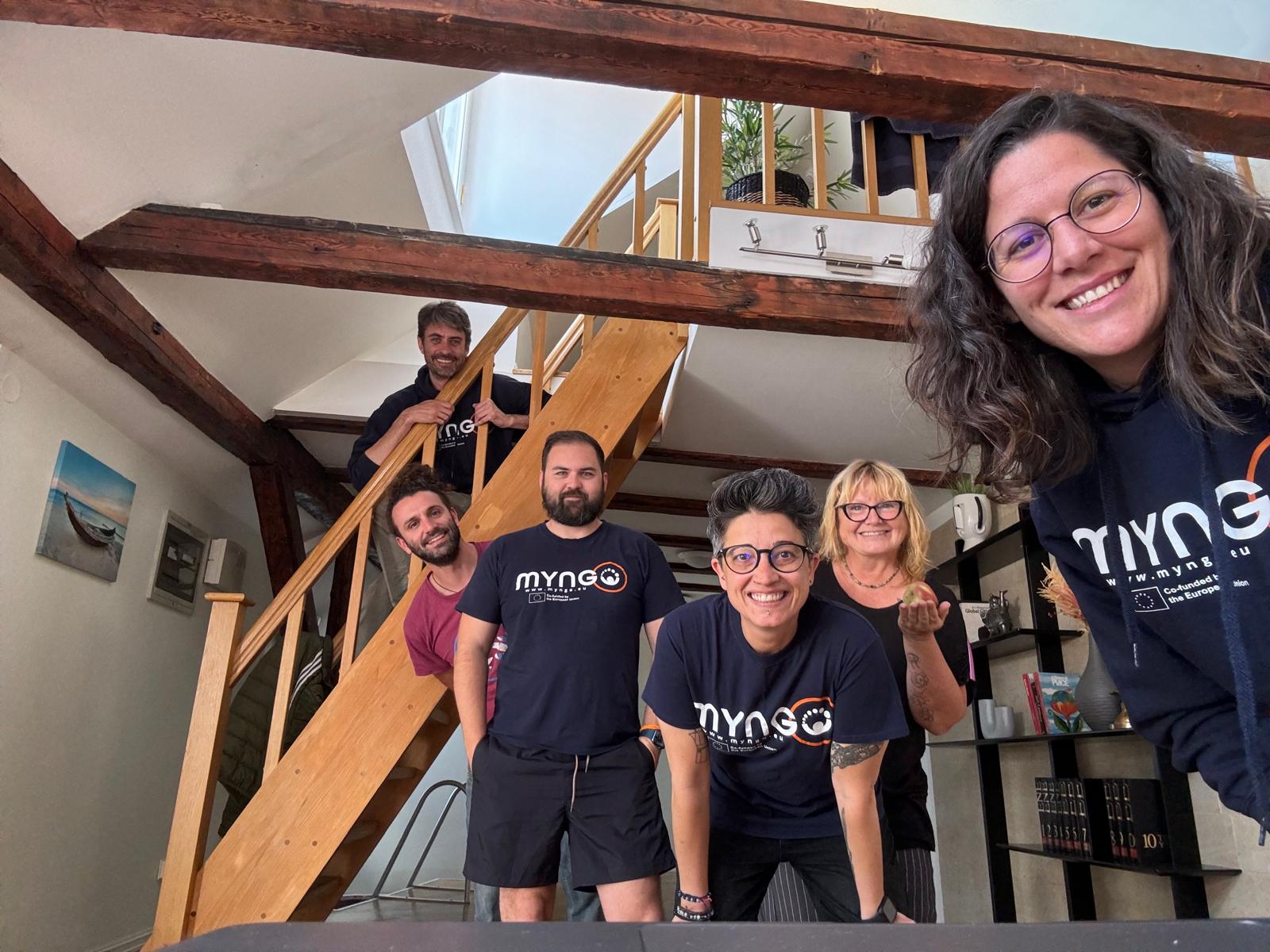In the digital age, non-governmental organisations (NGOs) continuously seek innovative tools to enhance their operations, streamline communication, and boost engagement with stakeholders. One such tool that has become popular is Padlet, a versatile, user-friendly online platform designed for collaboration and information sharing. Here’s an in-depth look at how Padlet can be an invaluable asset for NGOs.
What is Padlet?
Padlet is an online application that allows users to create digital boards (or “walls”) where they can post notes, images, links, and other media. The interface is simple and intuitive, making it accessible to users with varying levels of technical expertise. These boards can be customised in terms of layout, privacy settings, and access controls, enabling tailored use according to specific needs.
Key Features of Padlet
1. Collaborative Space: Multiple users can contribute to a Padlet board in real-time, making it an excellent tool for collaborative projects.
2. Multimedia Integration: Users can post text, images, videos, audio files, and links, enriching the content and making it more engaging.
3. Customisation: Boards can be customised with different backgrounds, themes, and formats, ensuring they align with the organisation’s branding and needs.
4. Privacy and Security: Padlet offers various privacy settings, including password protection and user-specific access, ensuring that sensitive information is secure.
5. User-Friendly Interface: Its drag-and-drop interface and intuitive design make it easy for users to create and manage boards without needing technical expertise.
How Padlet Benefits NGOs
Enhanced Communication and Collaboration
NGOs often work with diverse teams spread across different locations. Padlet provides a centralised platform where team members can collaborate, share updates, and brainstorm ideas in real-time. This facilitates better communication and ensures everyone stays on the same page, regardless of geographical barriers.
Project Management
With its ability to organise information visually, Padlet can be a powerful project management tool. NGOs can create boards to track project timelines, assign tasks, and monitor progress. The visual nature of Padlet helps in breaking down complex projects into manageable parts, making it easier to oversee and execute plans efficiently.
Community Engagement
Engaging with the community and stakeholders is crucial for NGOs. Padlet can serve as a platform for collecting feedback, sharing stories, and involving the community in various initiatives. For instance, a board can be set up to gather ideas for a new campaign or to showcase success stories and impact reports, fostering a sense of involvement and transparency.
Resource Sharing
Training and capacity-building are integral parts of NGO operations. Padlet can be used to create resource hubs where training materials, manuals, and other resources are easily accessible to staff and volunteers. The ability to incorporate multimedia makes these resources more dynamic and engaging.
Event Planning and Coordination
Planning events, whether virtual or physical, requires meticulous organisation. Padlet can be used to coordinate event details, share agendas, and gather RSVPs. The interactive nature of Padlet boards allows for real-time updates and ensures that all participants have access to the latest information.
Fundraising and Awareness Campaigns
Padlet’s visually appealing boards can be used to design compelling fundraising campaigns and awareness drives. By integrating stories, images, and videos, NGOs can create impactful boards that resonate with donors and supporters. Additionally, Padlet’s sharing capabilities make it easy to distribute these campaigns across various platforms.
Case Study: A Practical Application
Consider an NGO focused on environmental conservation. They could use Padlet to manage a tree-planting campaign. A dedicated board could be created to:
– Share information about the campaign’s goals and timeline.
– Post updates and photos of tree-planting events.
– Collect and display stories and testimonials from participants.
– Coordinate volunteer sign-ups and task assignments.
– Track donations and publicly acknowledge donors.
Such a board would not only streamline the campaign’s management but also engage the community and keep stakeholders informed and involved.
In an era where digital tools are pivotal for operational efficiency and stakeholder engagement, Padlet stands out as a versatile and powerful platform for NGOs. Its ease of use, collaborative features, and ability to integrate multimedia content make it an ideal tool for enhancing communication, managing projects, and fostering community involvement. By leveraging Padlet, NGOs can improve their effectiveness and amplify their impact, driving positive change more efficiently and engagingly. To learn more about Padlet and its use check out our online course here.





